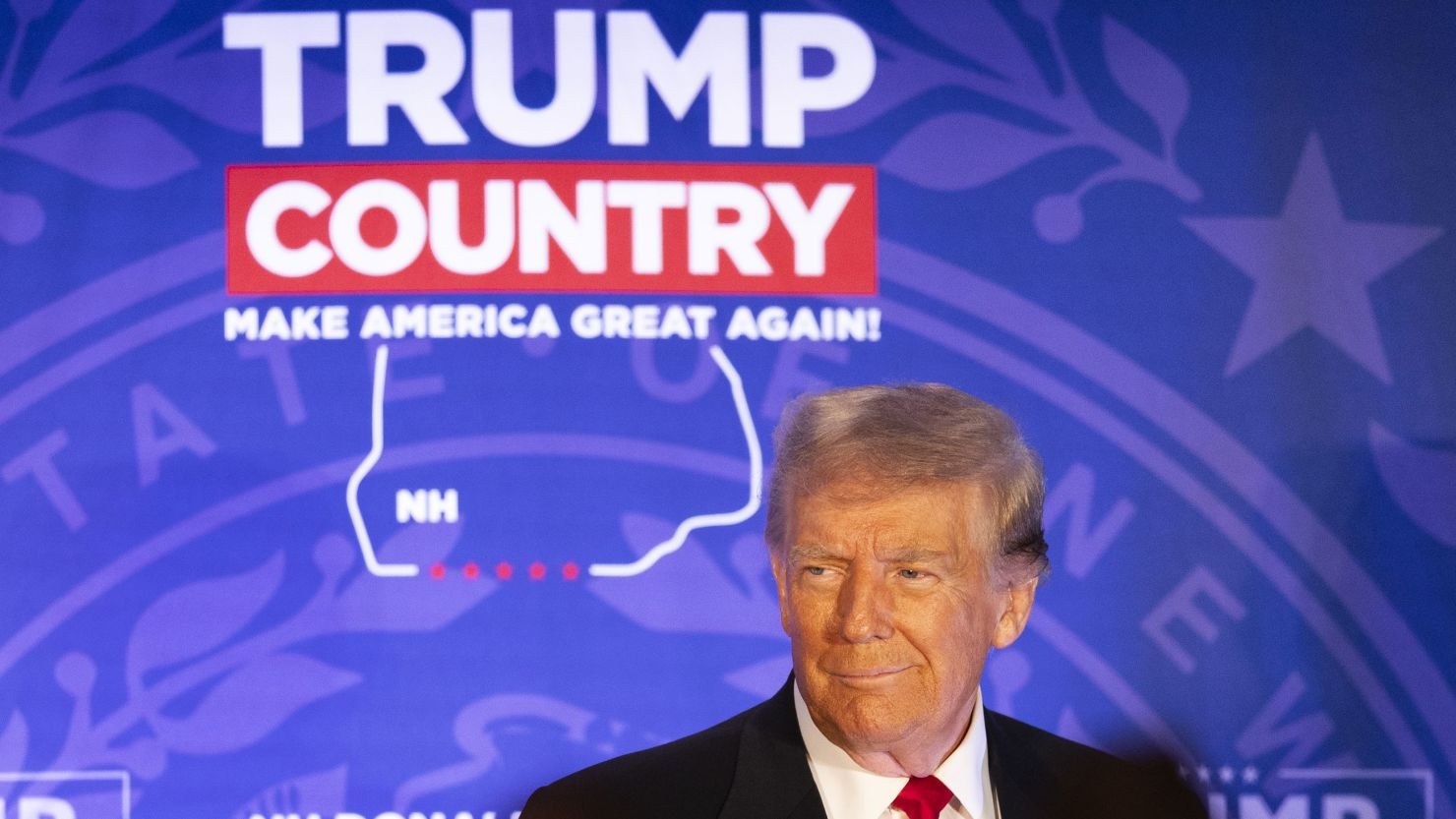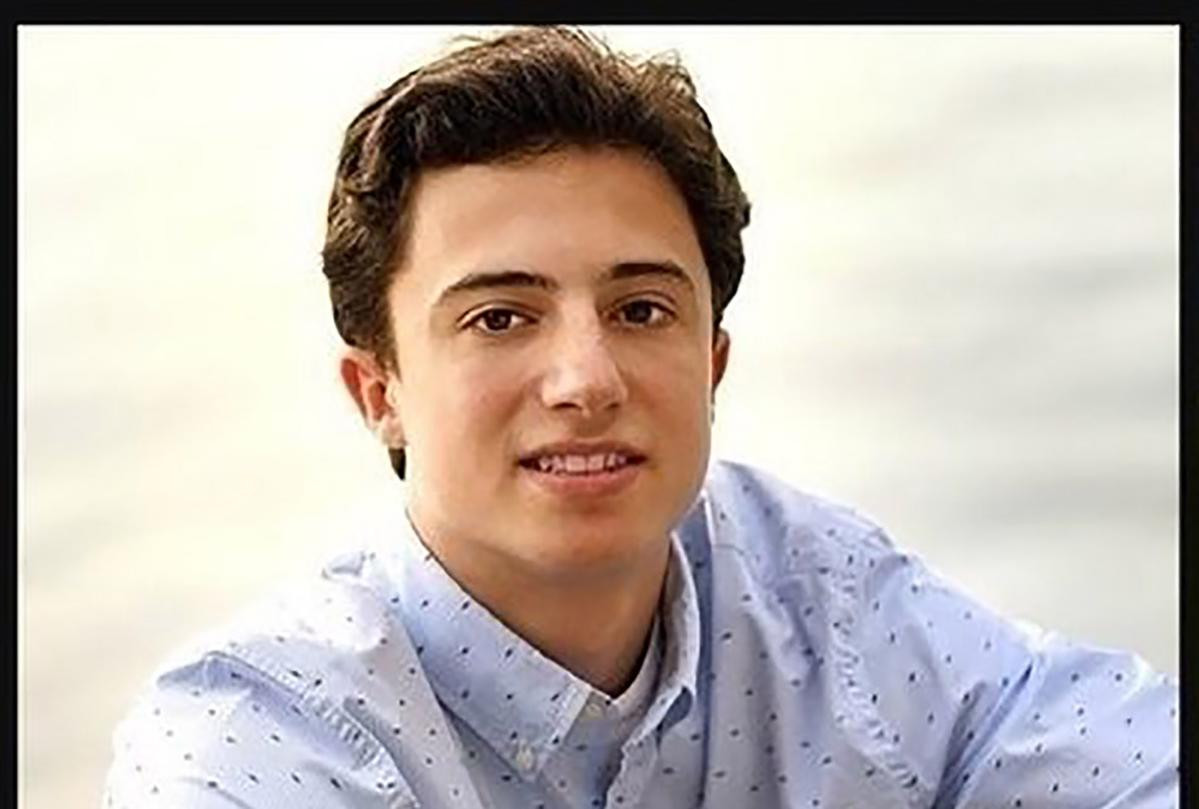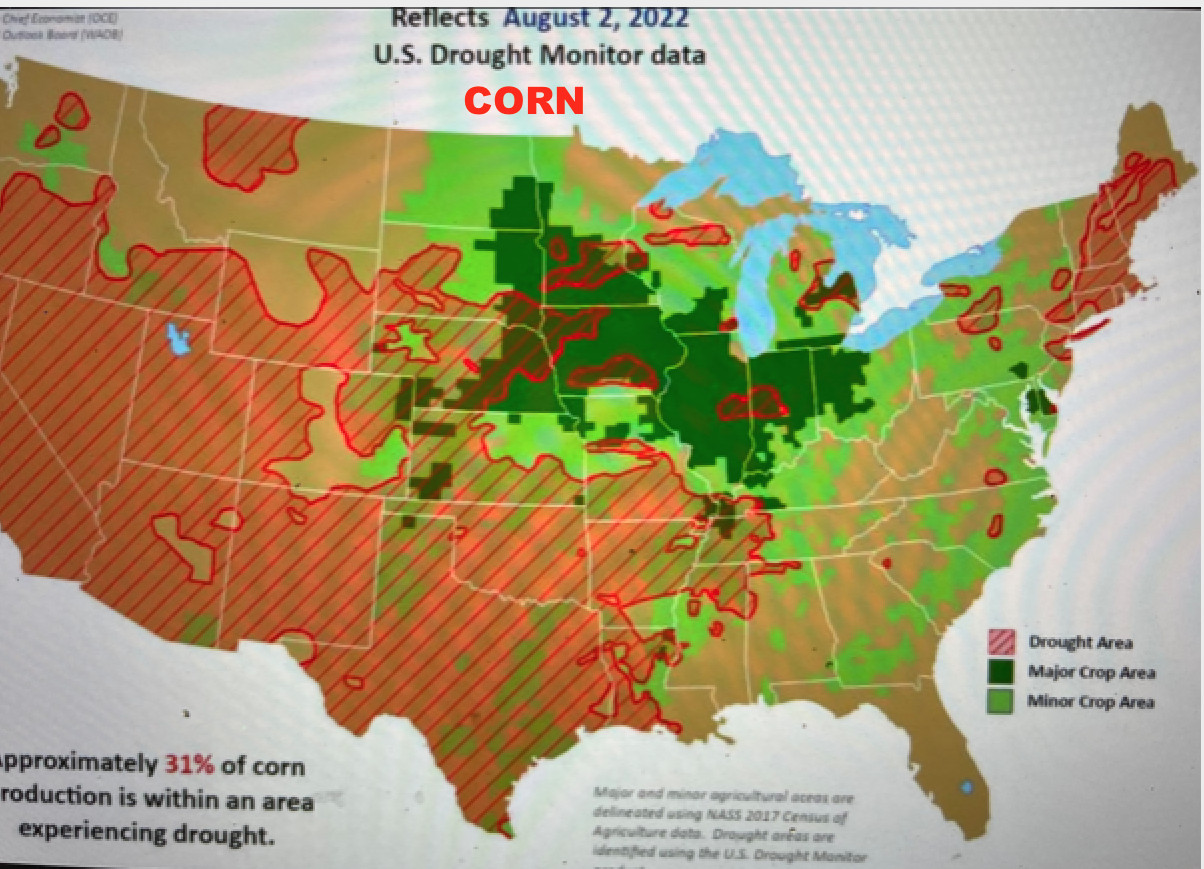Former president Donald Trump has shared AI-generated images that falsely claim Taylor Swift fans are supporting his campaign.
In a post on Truth Social, Trump shared screenshots of four posts on X that purport to show a number of young women all wearing “Swifties for Trump” T-shirts in a variety of styles. One of the screenshots claimed that Swifties are supporting Trump now after Taylor Swift canceled her concert in Vienna due to security concerns. Another image included the phrase “Taylor wants you to vote for Donald Trump.”
“I accept!” Trump captioned his post.
However, Trump’s post appears to contain a mixture of real and AI-generated images that falsely suggest a widespread and coordinated movement of Swifties for Trump. Using a tool created by nonprofit True Media to detect the spread of election-related deepfakes, WIRED found that many of the images shared by Trump show “substantial evidence of manipulation.”
One of the screenshots Trump shared was from an anonymous pro-Trump account with over 300,000 followers that regularly posts AI-generated images. Following its post about Swifties for Trump, this account shared a follow-up post that said the original Swifties for Trump post was “satire.”
While there doesn’t appear to be an active Swifties for Trump campaign initiative, there is an active Swifties4Kamala group. “We do not represent every Swiftie, but I think there is a reason we don’t need AI to show our support for Kamala,” Irene Kim, cofounder of Swifties4Harris, tells WIRED.
There is at least one public Swiftie for Trump. Among the images shared by Trump on Sunday on Truth Social was a real picture of Jenna Piwowarczyk, who wore a homemade T-shirt to a Racine, Wisconsin, Trump rally in June, emblazoned with the words “Swifties for Trump.” Piwowarczyk is now selling her homemade T-shirts on Etsy.
Trump has consistently shared AI-generated images. Last week, Trump falsely claimed that the Harris campaign was using AI to artificially inflate crowd sizes at her rallies. Over the weekend, Trump also posted an AI-generated image on X of Harris speaking at the Democratic National Convention in Chicago with a Soviet Union flag hanging over the crowd.
Disinformation experts have warned about the threat posed to the integrity of elections by generative AI tools. Already this year, WIRED has tracked dozens of examples of content created using generative AI in elections across the globe.
Swift has not publicly endorsed any candidate for president, but she did endorse President Joe Biden in 2020. She has also strongly criticized Trump: After Trump made his infamous “when the looting starts, the shooting starts” comment in 2020 following Black Lives Matter protests in support of George Floyd, the pop superstar slammed the then-president for having “the nerve to feign moral superiority” after “stoking the fires of white supremacy and racism your entire presidency.”
AI in Politics: A Looming Threat
The use of AI in political campaigns is becoming increasingly prevalent. As AI technology continues to advance, it is likely that we will see more and more instances of AI-generated content being used to spread disinformation and manipulate public opinion. This raises a number of ethical and legal concerns. For example, it is unclear how AI-generated content should be regulated, and whether it should be subject to the same rules as traditional political advertising. The increasing use of AI in politics is a complex and evolving issue that will require careful consideration by policymakers and the public alike.
The Future of AI and Elections
The use of AI in politics is still in its early stages, but it is clear that it has the potential to have a significant impact on elections. As AI technology continues to develop, it is likely that we will see even more sophisticated and powerful AI tools being used in campaigns. This raises a number of important questions about the future of AI and elections. For example, how can we ensure that AI is used responsibly and ethically in campaigns? What steps can be taken to prevent the spread of AI-generated disinformation? These are just some of the challenges that we will need to address as we navigate the evolving relationship between AI and elections.
The use of AI in political campaigns is a complex and rapidly evolving issue. It is important to be aware of the potential risks and benefits of AI, and to work to ensure that it is used in a responsible and ethical manner. This will require a concerted effort by policymakers, campaign professionals, and the public alike.
The Fight Against Disinformation
The rise of AI has made it easier than ever to create and spread disinformation. This is a serious threat to the integrity of elections and democratic institutions. It is crucial to develop strategies to combat the spread of AI-generated disinformation.
One way to fight disinformation is to educate the public about the dangers of AI-generated content. It is also important to develop tools and techniques to detect and identify AI-generated content. In addition, we need to hold social media platforms accountable for the content that is shared on their platforms.
The fight against disinformation is a complex and ongoing challenge, but it is one that we must win. The future of our democracy depends on it.

















